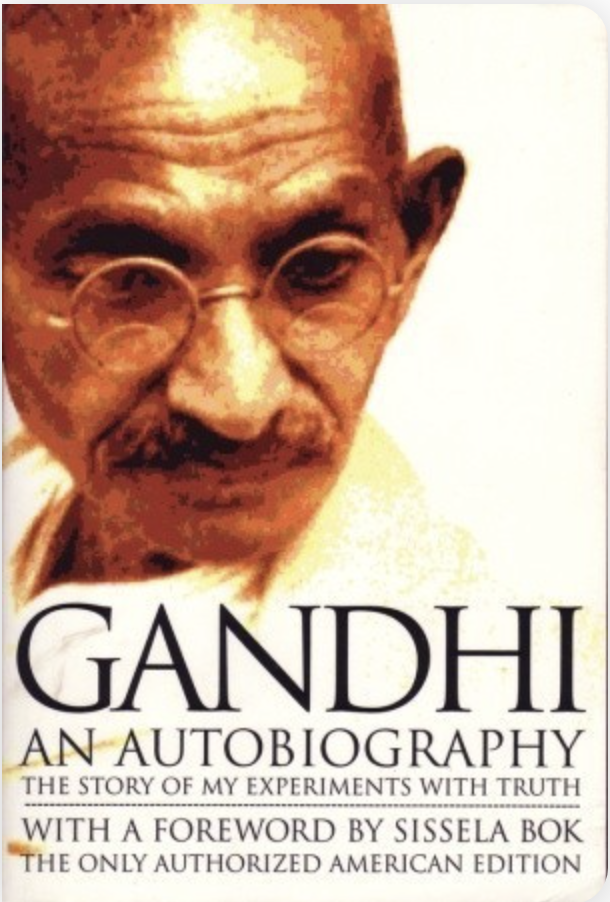After several months at the Amundsen-Scott South Pole Station and a swing for some hiking through Tazmania, our son Cully stopped to visit on his way home to Maine. Tazmania helped him re-orient to the sights and scents of Fall. An occasional re-orientation helps us move beyond ideology.
William Barr isn’t there yet. When Kaitlan Collins asked why he will vote for Donald Trump, Barr said, “I think the real threat to democracy is the progressive movement and the Biden administration.”
Justice Samuel Alito seems enamored with making sweeping ideological policy rather than focusing on the specific case before the court, opining that the immunity case can be “one for the ages.”
Our son Rob sent this YouTube link to a poignant 30-second political ad reflecting the impact of recent ideologically-driven state legislation regarding reproduction.
Dartmouth College’s approach to the conflict between Hamas and Israel was the “Last Minute” segment on last night’s Sixty Minutes. Bill Whitaker concluded the segment with, “American education might benefit from a few more Dartmouths.”

From “College campus chaos continues amid anti-war protests,” CBS Sixty Minutes, April 28, 2024










